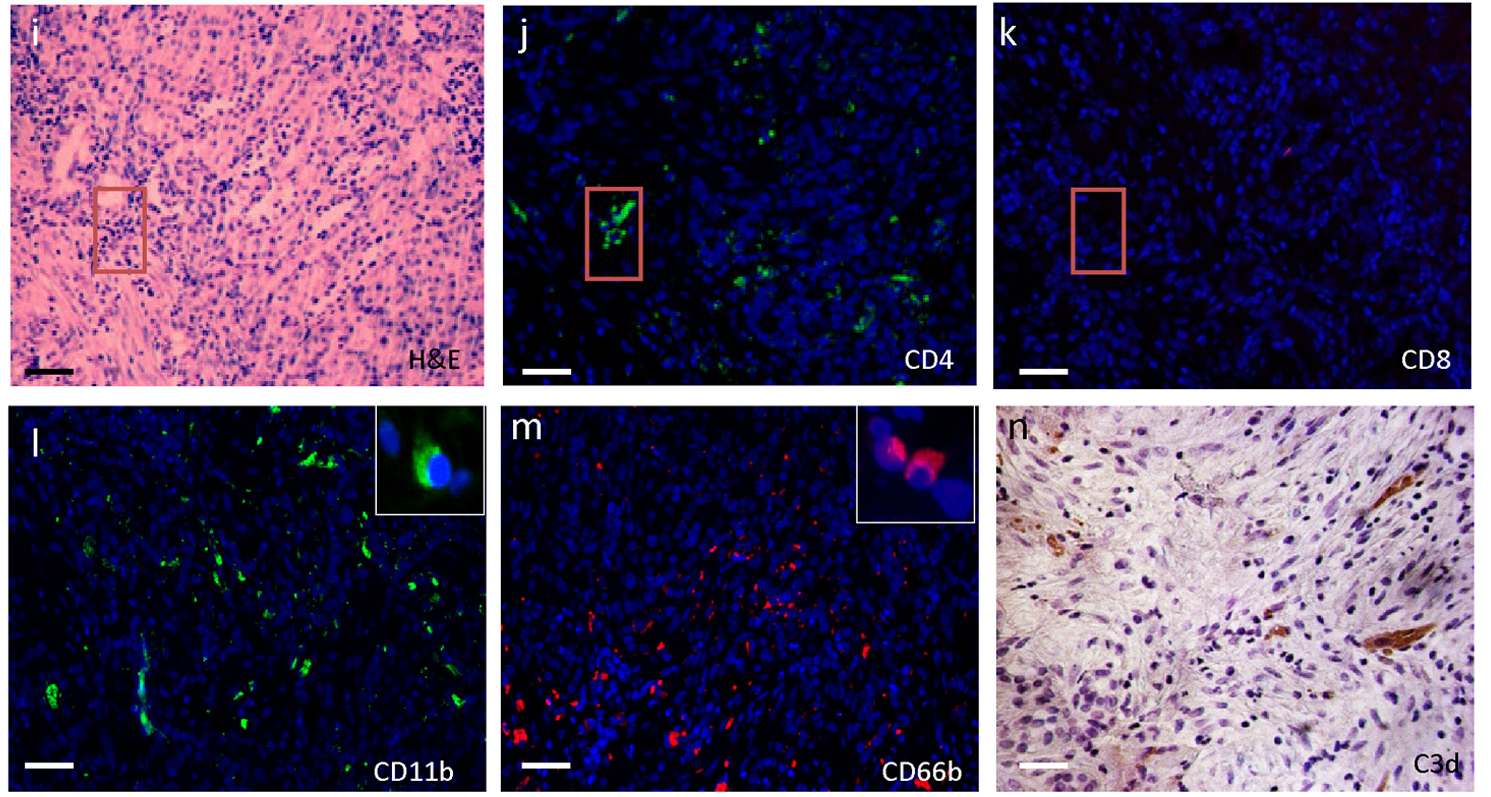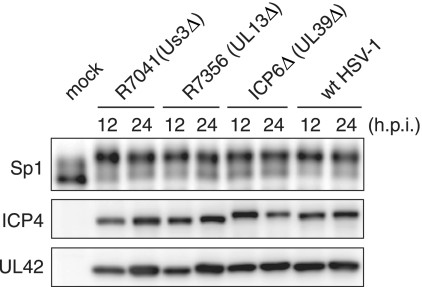Cat. #153562
Msh3-/- SVG-A Cell Line
Cat. #: 153562
Sub-type: Continuous
Unit size: 1x10^6 cells / vial
Availability: 3-5 days
Organism: Human
Tissue: Brain
Disease: Neurodegenerative diseases
Model: Knock-Out
£575.00
This fee is applicable only for non-profit organisations. If you are a for-profit organisation or a researcher working on commercially-sponsored academic research, you will need to contact our licensing team for a commercial use license.
Contributor
Inventor: Robert Lahue
Institute: National University of Ireland Galway ; Brown University
Tool Details
*FOR RESEARCH USE ONLY
- Name: Msh3-/- SVG-A Cell Line
- Alternate name: DNA mismatch repair protein Msh3, hMSH3, Divergent upstream protein, DUP, Mismatch repair protein 1, MRP1
- Tool sub type: Continuous
- Parental cell: SVG-A immortalized human astrocytes
- Organism: Human
- Tissue: Brain
- Disease: Neurodegenerative diseases
- Growth properties: Adherent cell line
- Model: Knock-Out
- Conditional: No
- Description: The MSH3 gene encodes a DNA mismatch repair protein important in certain cancer types and in certain neurodegenerative diseases.Exon 2 of the MSH3 gene was targeted by CRISPR/Cas9. The resulting Msh3-/- cell line encodes a 3 amino acid deletion in Msh3 that results in 98% loss of Msh3 protein, as judged by western blots with two different antibodies.While ~98% of Msh3 protein is lost in these cells, the abundance of the related proteins Msh2 and Msh6 appear unaffected. This is relevant to DNA mismatch repair.
- Application: Applications tested: DNA repair assays Microsatellite instability Trinucleotide expansion assay Cell background for rescue with wild type or variant Msh3 clones Immunoprecipitation control for Msh2-Msh3 protein complex Functional analysis of Msh3 variants
- Production details: Exon 2 of the MSH3 gene was targeted by CRISPR/Cas9. The resulting Msh3-/- cell line encodes a 3 amino acid deletion in Msh3 that results in 98% loss of Msh3 protein, as judged by western blots with two different antibodies.
- Biosafety level: 1
- Additional notes: CRISPR edited cells. Cancer Research Technology Limited (trading research tools as Ximbio) has been granted a non-exclusive license to the CRISPR-Cas9 technology by ERS Genomics Ltd under the patent rights listed here. This license from ERS Genomics Ltd allows Ximbio to develop and commercialise CRISPR-Cas9 modified cell lines for research use only. Ximbio can provide the...
- Recommended controls: SVG-A Cell Line, SVG-A Msh3 1.7X Cell Line (derived from Msh3-/- SVG-A Cell Line)
Target Details
- Target: Msh3
Applications
- Application: Applications tested: DNA repair assays Microsatellite instability Trinucleotide expansion assay Cell background for rescue with wild type or variant Msh3 clones Immunoprecipitation control for Msh2-Msh3 protein complex Functional analysis of Msh3 variants
- Application notes: Cancer Research Technology Limited (trading research tools as CancerTools.org) has been granted a non-exclusive license to the CRISPR-Cas9 technology by ERS Genomics Ltd under the patent rights listed here: https://www.cancertools.org/tool-faqs#hs_cos_wrapper_widget_1649861453796 This license from ERS Genomics Ltd allows CancerTools.org to develop and commercialise CRISPR-Cas9 modified cell lines for research use only. CancerTools.org can provide these modified CRISPR-Cas9 cell lines to comp...
Handling
- Format: Frozen
- Growth medium: DMEM supplemented with 10% FBS
- Unit size: 1x10^6 cells / vial
- Shipping conditions: Dry ice
- Storage conditions: Liquid Nitrogen
- Mycoplasma free: Yes
Related Tools
- Related tools: SVG-A Cell Line ; SVG-A Msh3 1.7X Cell Line
References
- Keogh et al. 2017. Nucleic Acids Res. 45(17):10068-10078. PMID: 28973443.
- MutS? abundance and Msh3 ATP hydrolysis activity are important drivers of CTGCAG repeat expansions.





